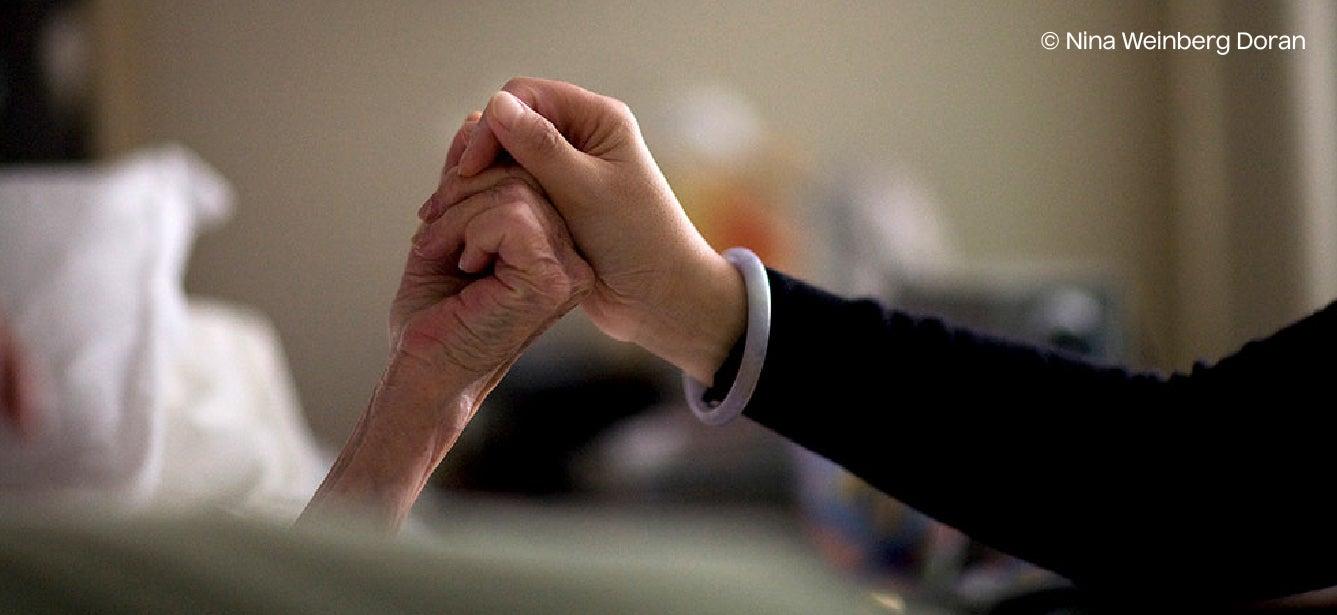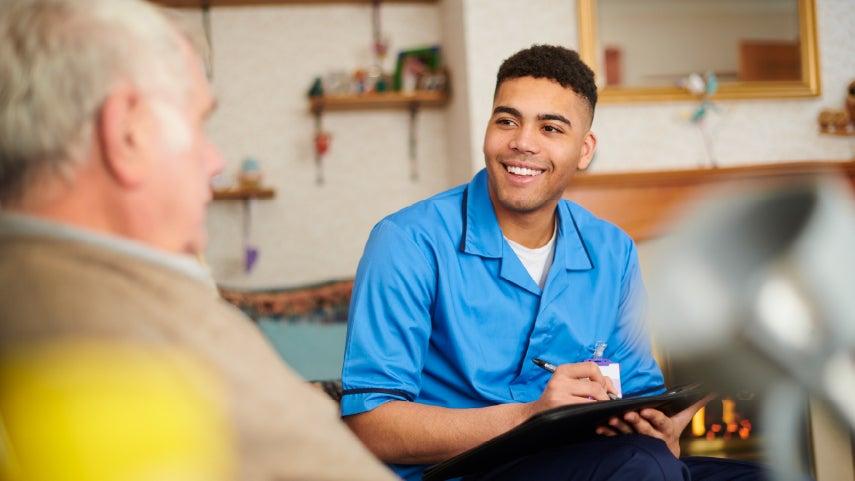
Related Topics
Becoming a caregiver marks a significant transition in your life and often comes with a mix of emotions, challenges, and unexpected occurrences. How you cope with this new role will vary widely based on your personality, circumstances, support systems, and past experiences.
You may have grown up in a multi-generational household and experienced caregiving firsthand. Your job may be in the caregiving field and you may already know some basics of how to seek services and provide comfort to an individual. Or, you may be brand new to caregiving.
Whether you’re an experienced caregiver or a newly minted one, know that every caregiving situation is unique and should be assessed on its own terms because what worked in one situation may not work in another. Any foray into caregiving starts with building a successful caregiving strategy.
How do I become a successful caregiver, and what is a caregiving strategy?
With so many things to juggle and such a complex, winding road ahead of you, it makes sense to create a roadmap, or what we call a caregiving strategy.
Creating a successful caregiving strategy is essentially building a roadmap that helps you identify both your challenges and various solutions to your challenges.
Your caregiving strategy should have three essential components that will be familiar to you if you have done a goal-setting exercise before:
- Know where you are now
- Describe where you want to go
- Identify direct and alternate routes to get there
Knowing where you are now involves honest self-reflection of your current caregiving situation, your loved one’s condition, and your own health. In addition, you’ll want to think about your own caregiving experience and assess your skill levels in various domains. Take your time in this assessment period. Identifying a full list of current joys and burdens is often helpful, too. And critical to any caregiving success is creating your own, personal Caregiver Bill of Rights. This Bill of Rights establishes your needs as paramount to being the best caregiver you can be.
Describing where you want to go means setting goals for yourself both as a caregiver and as a person. You’ll also want to set up goals for your loved one. In this piece of your caregiving strategy, you will likely want to get help from health care and other professionals as to what type of reasonable goals you can set.
Identifying direct and alternate routes is the last step. You’ll want to list what you currently know as viable solutions. For example, if your health care team has already set you up with a care assistant for part of each day, you can note that. You’ll also want to list alternate routes for various what-if scenarios. If the care assistant has to cancel at the last minute, what is the back-up plan? Another thing to consider is planning what to do to prepare for emergencies and likely scenarios that could occur with you or your loved one. Do you have all contact information and medical records—including medication lists—at your fingertips?
How to assess your own caregiving skills
When you assess your caregiving skills, you will want to look at both the technical or nursing skills, and the non-technical skills, such as those related to self-management, interpersonal relationships, communication, and organization.
The sample self-assessment below focuses on some of the most common non-technical skills and can help you identify where you are doing well and which skills you may need to improve. Fill in the caregiving skills you want to assess for yourself then rate your skill levels. To get confirmation of your results, you may want to ask a trusted friend or health care professional to check your self-ratings. They may have insight from a different perspective.
Sample Caregiving Skills Self-Assessment
| Caregiving Skills | 0 None | 1 Little | 2 Average | 3 Excellent |
| Coping with difficult situations | ||||
| Stress management | ||||
| Problem-solving | ||||
| Decision-making | ||||
| Nurturing healthy relationships | ||||
| Interpersonal communication (empathy, assertiveness, negotiation, etc.) | ||||
| Communicating with health care providers and other professionals | ||||
| Communicating with your loved one | ||||
| Time management and organization | ||||
| Delegating tasks and asking for help |



